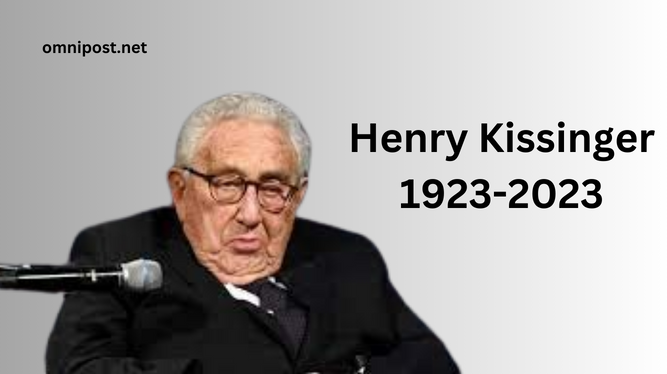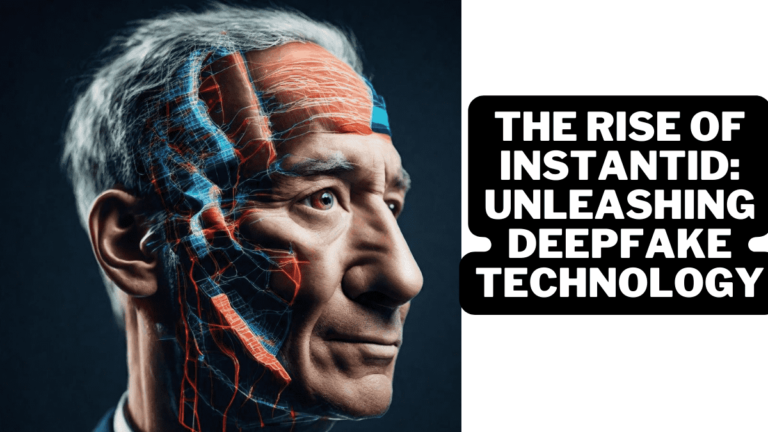The recent passing of Henry Kissinger legacy has resonated deeply within the spheres of global politics and foreign affairs. An influential figure whose impact stretched over more than half a century, Kissinger’s legacy remains a blend of significant achievements and contentious decisions that continue to shape international relations.
The Early Years: Shaped by Adversity and Determination
Born in Germany in 1923, Henry Kissinger legacy formative years were marked by the rise of Nazism. Fleeing persecution, his family sought refuge in the United States in 1938. This tumultuous upbringing and his subsequent service in the U.S. Army, including the liberating experience at a concentration camp in Ahlem, profoundly shaped his worldview.
Table of Contents
The Rise to Diplomatic Eminence
Kissinger’s academic prowess led him to Harvard, where he later taught, gaining recognition for his hawkish views. His intellectual prowess caught the attention of Richard Nixon, catapulting him into the realm of high-stakes diplomacy. As National Security Adviser and Secretary of State, Kissinger left an indelible mark on history, orchestrating pivotal diplomatic maneuvers.
Diplomatic Triumphs and Contentious Choices
His strategic overtures to China and the Soviet Union reshaped global power dynamics, steering the U.S. towards détente and arms control agreements. However, his involvement in Vietnam showcased the limitations of his diplomatic finesse, where his declarations of imminent peace did not bring the desired results.
Henry Kissinger Legacy Amidst Controversy
Kissinger’s legacy remains entangled with controversies, as critics assail his pragmatic, realpolitik approach. His prioritization of U.S. national interests over idealistic pursuits, often criticized for condoning or supporting questionable actions by allied governments, invited accusations of war crimes and ethical scrutiny.
The Unyielding Realist
Throughout his life, Kissinger stood firm in his convictions, advocating for a pragmatic approach in foreign affairs. His unwavering belief in the importance of bolstering world order over internal political or economic reforms solidified his position within the realist tradition.
The End of an Era
As Kissinger‘s life journey comes to a close, his impact on global diplomacy remains both revered and disputed. His passing marks the end of an era, leaving behind a complex legacy that continues to spark debates and reflection on the intricate interplay between power, policy, and morality in international relations.
In conclusion, Henry Kissinger legacy is a testament to the intricate nuances of foreign policy, where pragmatic decisions often intersect with ethical quandaries. His life story is a tapestry woven with triumphs, controversies, and an enduring commitment to navigating the complexities of global diplomacy.
Henry Kissinger, a figure whose legacy shall forever remain etched in the annals of history, is survived by his wife, Nancy Maginnes Kissinger, and two children, Elizabeth and David.
What were Henry Kissinger’s most significant diplomatic achievements?
Henry Kissinger’s key diplomatic achievements include the strategic opening to China, détente with the Soviet Union, and his role in negotiating arms control agreements. His approach reshaped global power dynamics during the Cold War.
How did Henry Kissinger’s upbringing influence his approach to foreign policy?
Kissinger’s experiences as a refugee from Nazi Germany and his service in the U.S. Army profoundly shaped his realist view of international relations, emphasizing pragmatism over idealism.
What controversies are associated with Henry Kissinger’s tenure in government?
He faced criticism for supporting or condoning actions by allied governments that violated human rights, as well as for his involvement in controversial military strategies during the Vietnam War.
What was Kissinger’s role in the U.S. approach towards China and the Soviet Union?
Kissinger played a pivotal role in normalizing relations with China and pursuing détente with the Soviet Union, aiming to mitigate Cold War tensions and redefine global alliances.
How did Kissinger’s experiences during World War II shape his views on international relations?
His experiences during the war strengthened his belief in the importance of maintaining a robust national security posture and reinforced his commitment to pragmatic foreign policy.






















+ There are no comments
Add yours